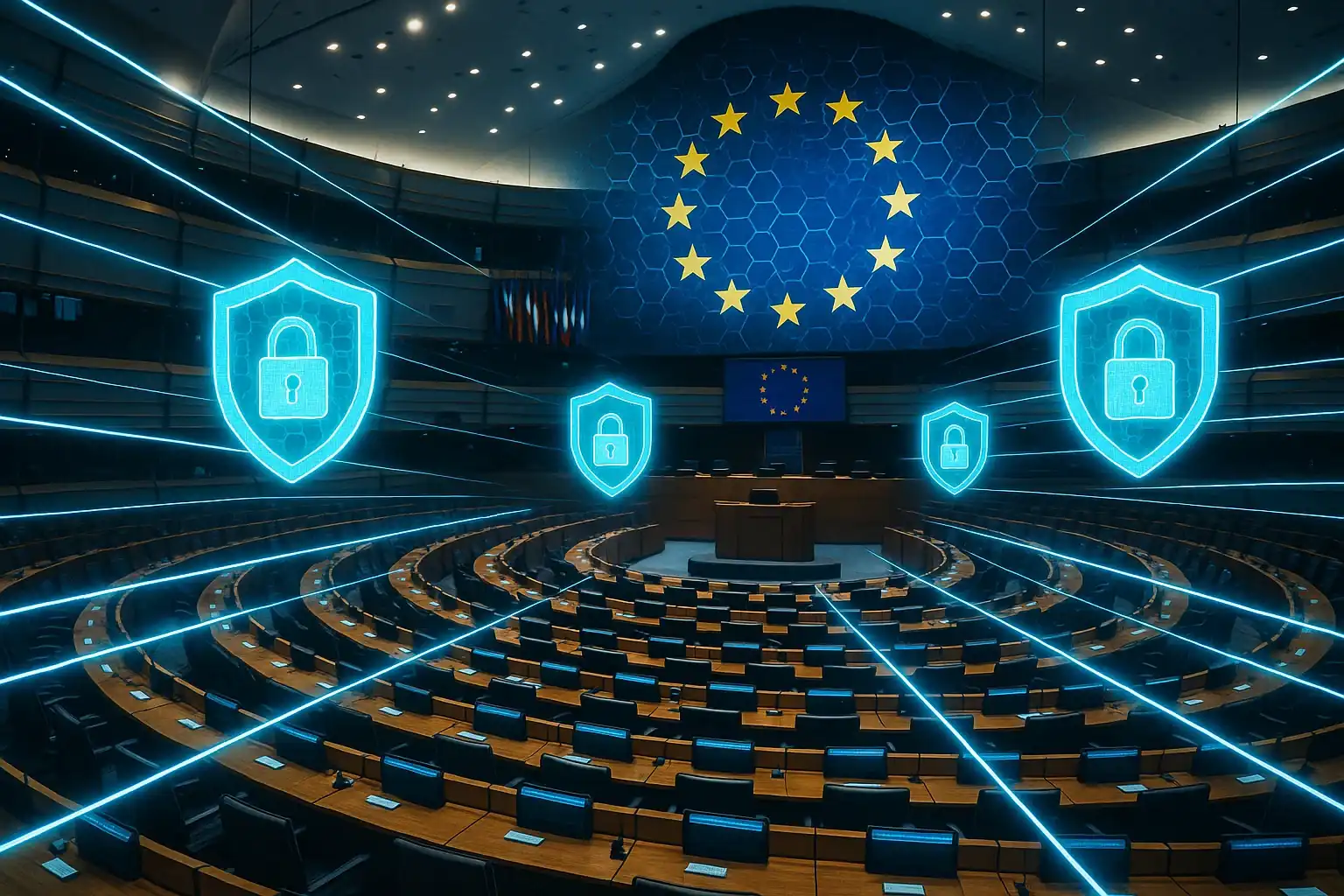Brussels, September 2025 - The European Union is pushing ahead with the controversial regulation known as "Chat Control", which would require communication services to analyse content before it is encrypted. Although lawmakers argue that the measure is necessary to ensure safer online spaces, critics warn that it could undermine digital privacy, security, and the foundations of decentralised technologies.
The regulation would apply broadly to messaging apps, email providers, and potentially blockchain-based platforms that use end-to-end encryption. With the introduction of mandatory client-side scanning, private communications would be inspected on the user's device prior to encryption, effectively weakening one of the Internet's main security guarantees.
Crypto and Web3 in the crosshairs
For the crypto sector, the implications are particularly serious. Decentralised applications (dApps), wallet-to-wallet messaging and blockchain-based communication tools could be forced to comply with the scanning requirement or restrict access to European users.
"The introduction of pre-crypto scanning effectively breaks the security model that Web3 projects rely on," said Lena Hartmann, a Berlin-based blockchain security analyst. "It risks pushing innovation out of Europe to regions with stronger digital rights protections." TechRadar
Growing opposition in Europe
Despite support from a majority of EU member states, opposition is growing. Germany, Luxembourg and several other countries have argued that the measure threatens encryption and creates systemic vulnerabilities. Critics also warn of the potential for over-regulation, with the risk of mass surveillance extending far beyond its intended scope.
According to industry observers, the measure could erode trust in European platforms, pushing users towards offshore or unregulated alternatives.
What will happen next
The EU Council is expected to finalise its position this autumn, with a key vote expected in October 2025. If adopted, the regulation could force crypto developers and Web3 platforms to choose between compliance, costly restructuring or exit from the European market.








